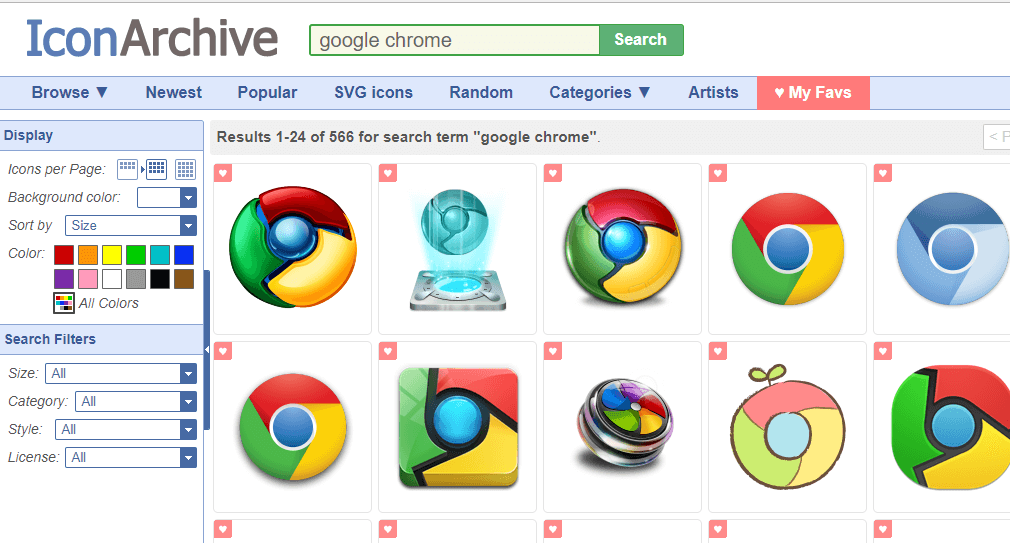
In it, each key is assigned a set of values, for example: JSON files are simple text files, which are easy to read by a human (one like you!). EXPORT TO JSON FILEExport your dialogue with one click to a JSON text file. There are no limits for the amount of languages you can use. SUPPORT FOR MULTIPLE LANGUAGESĬhange the dialogue language by selecting it from a drop-down menu. They are incredibly helpful in organising the dialogue and keeping track of player's progress. DATABASESThe editor includes a characters database and local variables database (strings, integers, booleans). BEAUTIFUL INTERFACEMinimalistic, highly usable interface. It is also fast and lightweight - it runs smoothly even on less powerful PCs. The editor was created for non-programmers. Pay once, and it's yours forever (along with any future updates). Export to / Import from a single JSON file.Organize your characters and variables in databases.Control your dialogues and cutscenes with variables and conditions.Write branching conversations with multiple choise answers.Works with Unity, Unreal 4, Godot, Construct 3, GameMaker Studio 2 and many more! DIALOGUE DESIGNER in a nutshell: llSay - Function reference at lslwiki.A powerful (but easy to use) branching dialogue editor designed for story-driven games like RPGs and Visual Novels.Ĭreate complex non-linear data structures in seconds, no programming experience required!.llSay - Function reference at SecondLife LSL Wiki.Channels used by specific script libraries.llDialog() - creates a dialog, which broadcasts the text of the pressed button similar to llSay().

llListen() - creates a listener to watch for messages on a specific channel.llEmail() - to be used for communicating directly with a specific object within the same or a different simulator, as also sending regular emails.llMessageLinked() - to be used for more efficient communication between the linked prims of an object.SecondLife (agni), Secondlife (aditi), OpenSimulator

Lsl dialog maker code#
Code Snippet - Methods to create and use an unique channel.The possible chat channel range for scripts is from -2147483648 to 2147483647.Ĭhat Channels are being used by the function llDialog(), which does have the same effect as llSay(), when a button is being pressed. Negative channels can't be used in that way. This is relevant when it comes to listen to messages, as that helps to prevent infinite recursion.įor positive channels, this is similar to an user typing "/# message" (where # is a number) in the client, as example "/1 show". The message is not broadcasted to scripts belonging to the same prim, that sends it. Messages that are longer then 1023 bytes, are truncated to 1023 bytes. LlSay(DEBUG_CHANNEL, "Notice: This is a debugging message.") It can be used to report errors or for debugging purposes. The DEBUG_CHANNEL exists, so that objects can send messages that will be displayed in the script warning/error window of the client, similar as script errors are displayed.

LlSay(-48827300, "Only objects can hear this.") A negative channel should be used, when it's not desired that users would be able to send such messages to this channel too. Any other channel is considered private and is fine to be used. The PUBLIC_CHANNEL and DEBUG_CHANNEL should be avoided for inter-object communication. To send a message to another object, any channel can be used. Like avatars, objects are able to send "/me" messages on PUBLIC_CHANNEL too. LlSay(PUBLIC_CHANNEL, "You can read this on the public chat. To say a message on the public chat, the PUBLIC_CHANNEL constant or the number 0 has to be used as channel. The message can be heard only within an area that equals a sphere with a radius of 20 meters from the center of the prim, that contains the script. For objects, to receive those messages, they have to llListen() to the channel the message is send. Objects are able to hear messages send to any channel. This function is used, to broadcast messages to avatars and objects on a specific channel.Īvatars can hear only messages send to the PUBLIC_CHANNEL or DEBUG_CHANNEL. Says "Hello Avatar!" in the public chat when the object is touched: Parameters integer channel any integer value, integer variable or chat channel constant string message any string value or string variable with maximal 1023 characters Says the text specified as message on the specified channel. Syntax llSay(integer channel, string message)


 0 kommentar(er)
0 kommentar(er)
